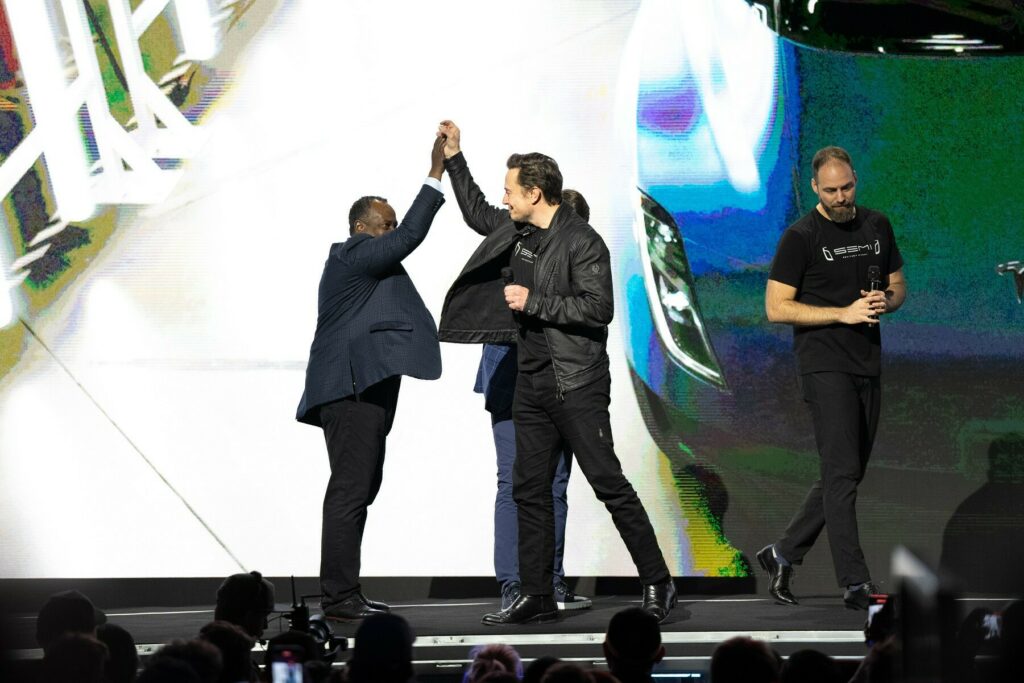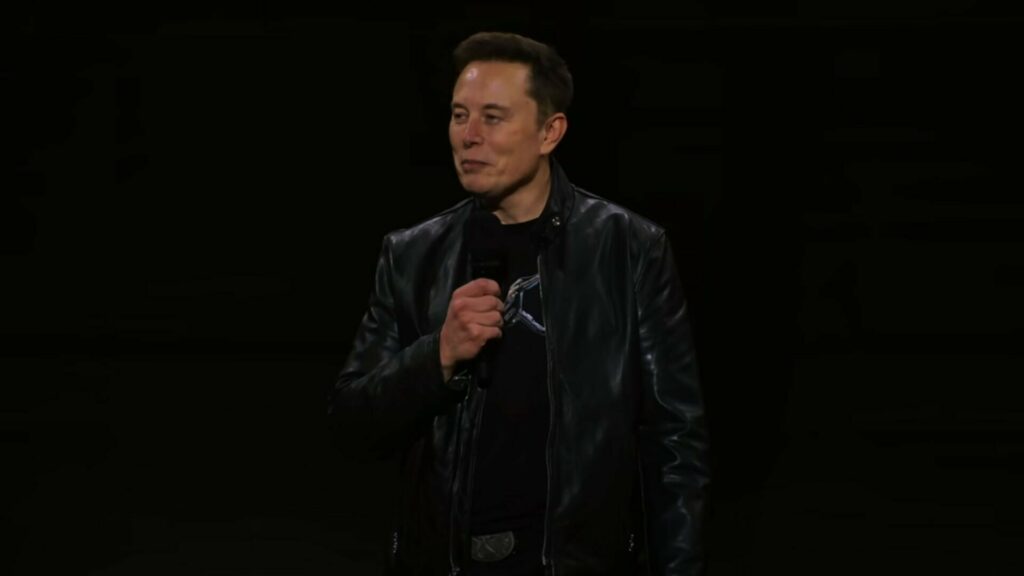- A judge has ruled against Elon Musk, striking down the “largest executive compensation award in the history of public markets.”
- The latest turn in the legal saga saw a second attempt at giving Musk billions struck down due to four “fatal flaws.”
- While Musk lost, lawyers won as attorneys working for the plaintiff were awarded $345 million.
It’s time to break out the world’s smallest violin as Elon Musk has missed out on his $56 billion payday. While there’s a lot to unpack in the 103 page ruling, Tesla shareholders voted in favor of a proposal to give Musk a performance-based stock option award in 2018. A judge later overruled that and shareholders eventually voted to award Musk for a second time.
Fast forward to today and Chancellor Kathaleen McCormick said the effort was hokum. In her ruling, she declared a “large and talented group of defense firms got creative with the ratification argument, but their unprecedented theories go against multiple strains of settled law.” She went on to mention four fatal flaws including “no procedural ground for flipping the outcome of an adverse post trial decision based on evidence they created after trial.”
More: Elon Musk Gets His Multi-Billion Payday Approved By Shareholders
The judge also said claims of a common law ratification had no basis in common law and stated “even if a stockholder vote could have a ratifying effect, it could not do so here due to multiple, material misstatements in the proxy statement.” While that’s a lot of legalese, the judge said each of these four issues alone was enough to defeat the motion to revise the award.
Interestingly, the judge knocked the plaintiff’s attorneys for seeking $5.6 billion in Tesla shares. She deemed this a “bold ask” in a case about excessive compensation.

However, McCormick acknowledged their methodology for calculating the figure was sound as Delaware courts award fees based on a percentage of the value of the benefit achieved. Despite this, she pointed to a previous Delaware Supreme Court ruling involving huge windfalls for lawyers. In the end, the judge settled on a $345 million award, which the defendants may pay in cash or freely tradable shares.
While that’s the CliffsNotes version, CNBC noted Musk can appeal the decision to the Delaware Supreme Court. Given the stakes, that seems almost certain.




